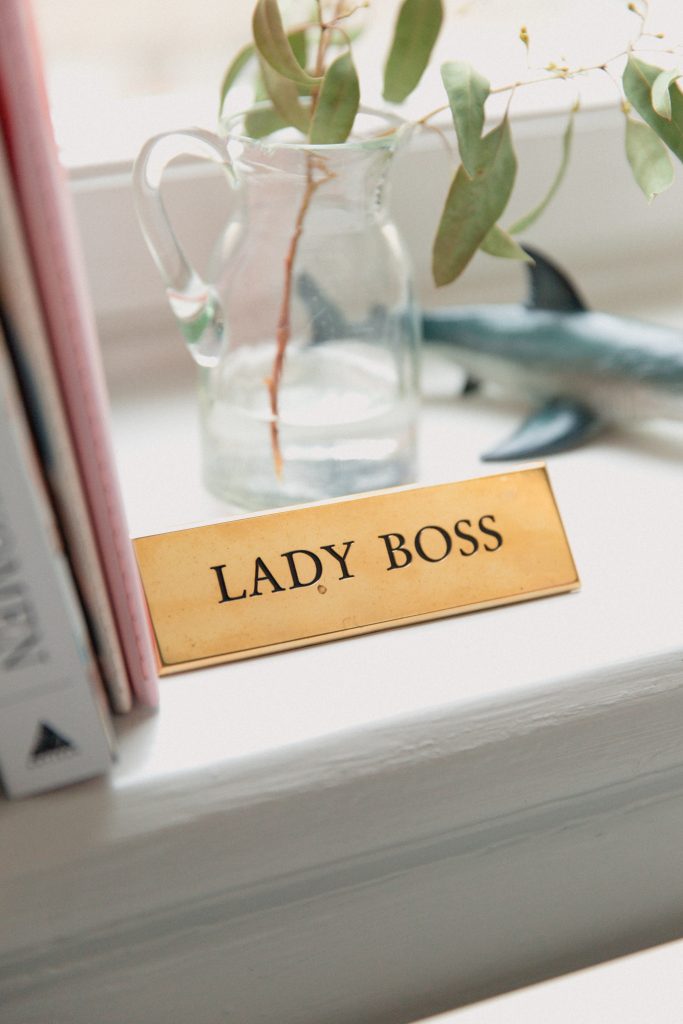
We’ve heard it time and time again: Mean girls and girl drama. I vividly remember being bullied emotionally in the 8th grade. I remember being left out of lunch conversations, hearing whispers, and receiving mean looks in the hallways. I also remember the occasional rumor by way of passing notes in class. These were the ways in which I felt ostracized by other girls my age. It was miserable and something I would never want anyone to experience, especially my daughter.
We speak so much about women empowering women and being kind to each other. There are conversations around the “girl code” and how to navigate loyalty. We tell young girls to set boundaries, yet also be kind, but sometimes boundaries and kindness don’t coexist easily. As an educator, much of my time is spent helping girls “play nice.” I have had countless conversations with the bully and the bullied, each holding onto some insecurity that hinders them from having genuine friendships with other girls.
But what happens when this happens with your own daughter?
As an adult, I see and understand so much of what I went through in 8th grade. I am more mature and more knowledgeable about female relationships, and how most of our issues stemmed from how we felt about ourselves.
As a mom of a middle school girl, girl drama comes with the territory. It feels often like some rite of passage we go through as women. Some girls we get along with and some we don’t, and very much like the 2004 film Mean Girls, each girl plays her own role in the dynamics of middle and high school. But unlike my experience 20 years ago, the damage done early on can have lasting effects into adulthood.
I am not here to tell you the answer to girl drama because with the pressure of social media and technology, girls are even more likely to engage in or fall victim to mean behavior, but there is hope on the other side. Some hard lessons and maturity with age will come in time. Until then, being present and honest about how your daughter manages her friendships is crucial.

Is your daughter Regina George?
I get it; nobody wants to admit their daughter is the Queen Bee, especially because of its negative connotation. But channeling that negative leadership behavior into something positive is key. Typically, Queen Bees like to be praised. They want to feel in control of the people and things around them. There’s nothing wrong with being well-liked, but at what cost?
Is your daughter Gretchen Wieners?
Gretchen is the epitome of the “wannabe.” She wants to be liked so badly that she will change who she is just to fit in. Many girls fit this category and it comes in various forms. Wearing certain clothes to fit the trends and laughing at a joke about a friend so you don’t feel left out or trying to form alliances with every girl group in order to keep the peace. They are the people-pleasers.
Is your daughter Cady Heron?
While Cady seems self-confident and well adjusted, she eventually takes on some of the negative behaviors of her friends. Cady is caught between wanting to fit in and not losing herself. I would say this category is where most girls lie. Creating a healthy balance of female friendships yet also giving her the space to grow as a person can be a daunting task. The roller coaster between being liked and not caring what other people think can be hard for most girls.

While all girls don’t fit into these stereotypical molds, it’s important to have hard conversations with our girls, especially during these formative years. Here are some things I’ve learned:
- Hold your daughter accountable. If she’s wrong, she’s wrong and she needs to know. No matter the type of bullying, address it early and set boundaries for how to treat people. Kindness matters.
- Model positive female relationships. If she hears you on the phone gossiping about another woman, she is sure to follow suit.
- Let her come to you. Girls will talk, but only when they feel ready. Keep the lines of communication open, but don’t nag them for information. To them, you “don’t understand.” Being transparent about your own shortcomings as a friend will help your daughter see that she’s not alone.
- Reaction is everything. How you react when she does talk to you will determine if she will talk to you again. Many times I’ve had to control my facial expressions when my daughter tells me things. This generation of girls knows way more than my generation. Things have changed and while we might not like the change, we have to be able to listen and face it.
- Some lessons are learned on their own. I can’t be with my daughter all the time, and while I hope she makes good decisions, I have to be prepared if she doesn’t. Not only will I have to be supportive, but also ready to make adjustments and give consequences when necessary.
- Talk to other moms! Hearing some of the same issues from other mom friends has helped me tremendously. It helps me feel not so alone on this journey, but also helps me make some decisions around how I parent.






















Very good information for those that have daughters it can be complicated in the teen years continue to talk to them and listen sometime when they want to talk don’t make them talk make sure you are a good person that will listen!!
Comments are closed.